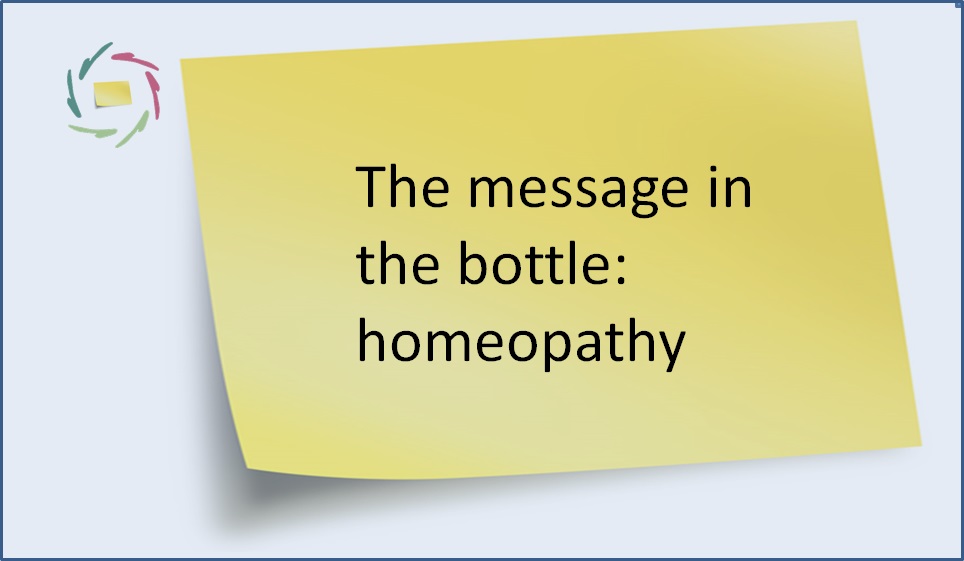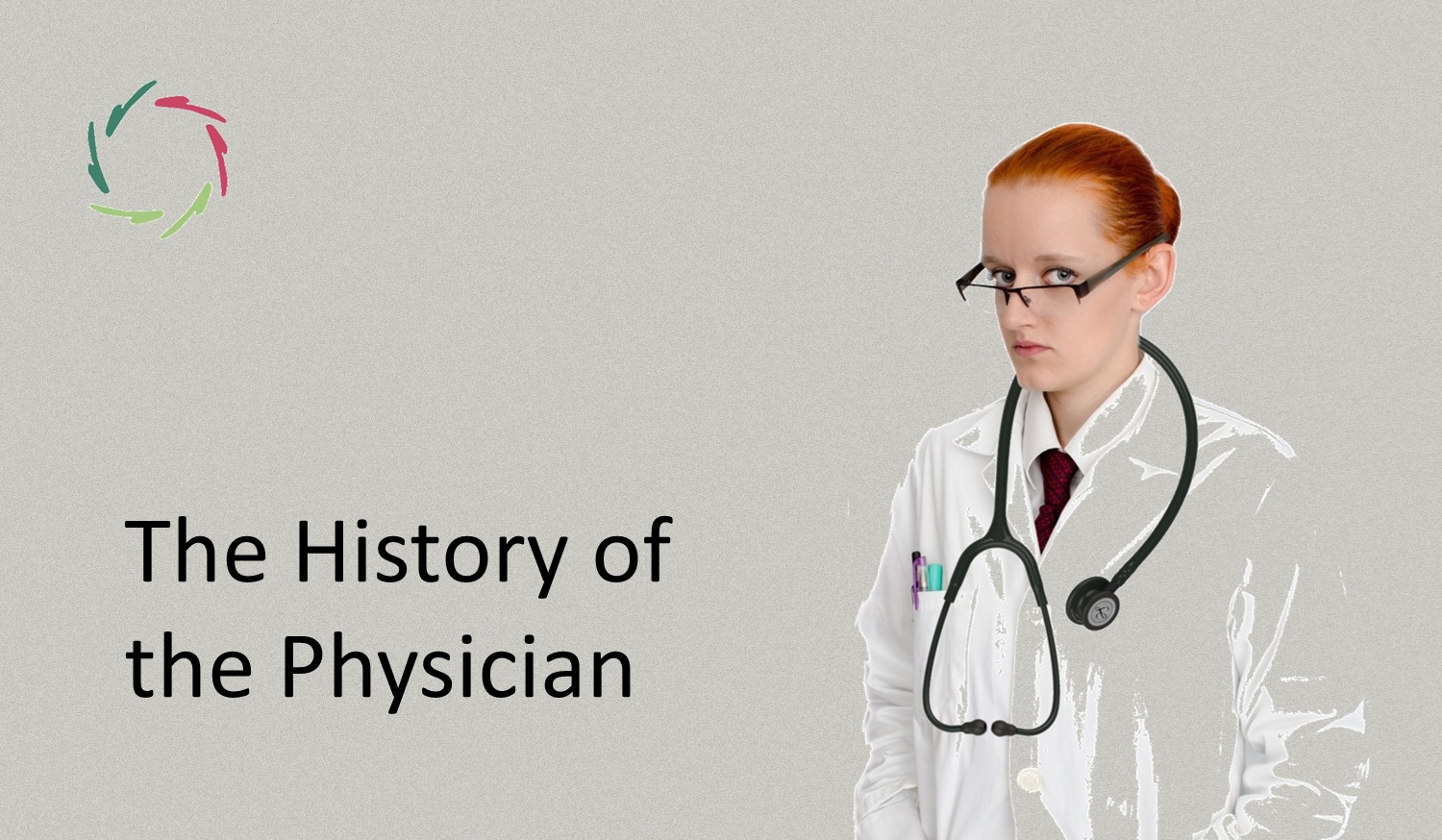Is Gluten Sensitivity an Expectation Effect?

Many people avoid gluten in their diet because they see them as the cause for gastrointestinal and other symptoms and unwellness. Although this field receives a lot of media attention, there has been little science about mental causality up till now.
Gluten (named after ‘glue’) is what makes dough elastic and bread chewy. It also allows the bread to rise when heated by trapping gas molecules inside.
Not celiac disease
Gluten sensitivity is not the same as celiac disease. The latter is an autoimmune condition whereby the immune system attacks gluten proteins as well as natural structures in the gut wall. A less severe form of this is called ‘gluten intolerance.’
Around 1% of the US population suffers from celiac disease, of which most don’t know it. Yet 30% avoid gluten in their diet while there is no experimental evidence that this would benefit the general population.
Non-Celiac Gluten Sensitivity (NCGS)
As objective diagnostic data and specific biomarkers are lacking, the diagnosis of gluten sensitivity is usually made by eliminating other possibilities in case of symptoms that appear to be related to gluten intake. These include bloating, diarrhea, flatulence, stomach pain, weight loss, erythema, eczema, fatigue, headaches, depression, and joint and bone pain.
For many years, this has been suspected (but seldom profoundly scientifically investigated) to be a pretty psycho-somatic condition. The overlap with irritable bowel syndrome is unsettled. Moreover, gluten may worsen symptoms in other diseases such as autism, schizophrenia, and depression. More research is needed.
One recent study on the effect of related expectancies sheds more light [*].
This was recently published in the Lancet, on 83 subjects with NCGS (with gastrointestinal symptoms within eight hours of gluten consumption). According to the authors, this is the first study ever to investigate the role of nocebo in subjects with NCGS.
Two distinctions were made, resulting in four groups:
- Some subjects got oat bread with gluten; others without (irrespective of expectation).
- Some subjects got the expectation they received gluten; others didn’t receive the expectation-provoking message (irrespective of whether they got gluten).
The findings and conclusions of the study
This table that I personally concocted from the article’s data shows the numbers from self-assessments of gastrointestinal symptoms (GS) on a Visual Analog Scale:
| Got no gluten | Got gluten | Average | |
| No expectation | 7,4 | 6,9 | 7,1 |
| Expectation | 11,7 | 16,6 | 14,1 |
| Average | 9,5 | 11,7 |
Interestingly, we can see that:
- There is, on average, little GS increase after the intake of gluten.
- There is no increase after receiving gluten when there is no expectation.
- There is only an increase after receiving gluten when there is expectation.
- The effect of expectation is high when there is intake of gluten.
Together, this shows the importance of the combination of receiving gluten and a positive expectation. The most plausible overall conclusion is that gluten intake has no effect by itself but enhances (consciously/non-consciously) the expectation effect, which is also present without gluten intake. This is typical for the nocebo effect (the negative side of the placebo effect).
Since gluten sensitivity is highly visible in our culture, one may see in this also the effect of social nocebo. As in other domains, this effect may well be generally strong, in line of the above study.
“But I do have symptoms.”
Nobody should doubt that. You feel what you feel. The reality of this is precise. Only, that doesn’t say anything about the cause ― irrespective of the severity of what you feel. Symptom diminishment through a gluten-free diet – and reappearance when gluten are again added to the diet – is also no proof that the cause lies in the gluten versus the expectation. Both are changed simultaneously.
Seeing the mind as ‘unreal’ only show disrespect for the mind, which is as real as anything else. Seeing the deeper mind as unreal is a manifestation of Inner Dissociation and should, in the present day and age, be seen as utterly unscientific. Its still being rampant is quite unfortunate.
Your deeper mind is very powerful in the positive as well as the negative!
As far as the psyche is involved, this is an excellent domain for Lisa’s coaching.
This would turn around influencing one’s inner expectation, through which the coachee gets more ‘deep control’ on his symptoms from the inside out.
A slight belief in the possible influence of the mind on gluten-related symptoms is enough to get going. During the coaching, Lisa can integrate Visual Analog Scales (VAS), a simple method to measure subjective symptoms as has been done in the above study. This enables the user to see progress.
At the same time, VAS on many subjects may lead to scientific proof and quantification of the coaching’s effect ― thus also the mind-related effect. With Lisa, we get the Real-World Evidence for free. May another Lacet article be beckoning?
Moreover, patients with celiac disease may also profit from this.
Physical factors don’t exclude mental ones. Also, there may be continua everywhere. Lisa can be seen as a mental hygiene factor that is important in any case. This also means there is no reason for a divide between body-related and mind-related patients. They can all profit from Lisa’s coaching.
That’s how it should be in this domain and many others.
***
[*] de Graaf MCG, Lawton CL, Croden F, Smolinska A, Winkens B, Hesselink MAM, van Rooy G, Weegels PL, Shewry PR, Houghton LA, Witteman BJM, Keszthelyi D, Brouns FJPH, Dye L, Jonkers DMAE. The effect of expectancy versus actual gluten intake on gastrointestinal and extra-intestinal symptoms in non-coeliac gluten sensitivity: a randomised, double-blind, placebo-controlled, international, multicentre study. Lancet Gastroenterol Hepatol. 2023 Nov 28:S2468-1253(23)00317-5. doi: 10.1016/S2468-1253(23)00317-5. Epub ahead of print. PMID: 38040019.


